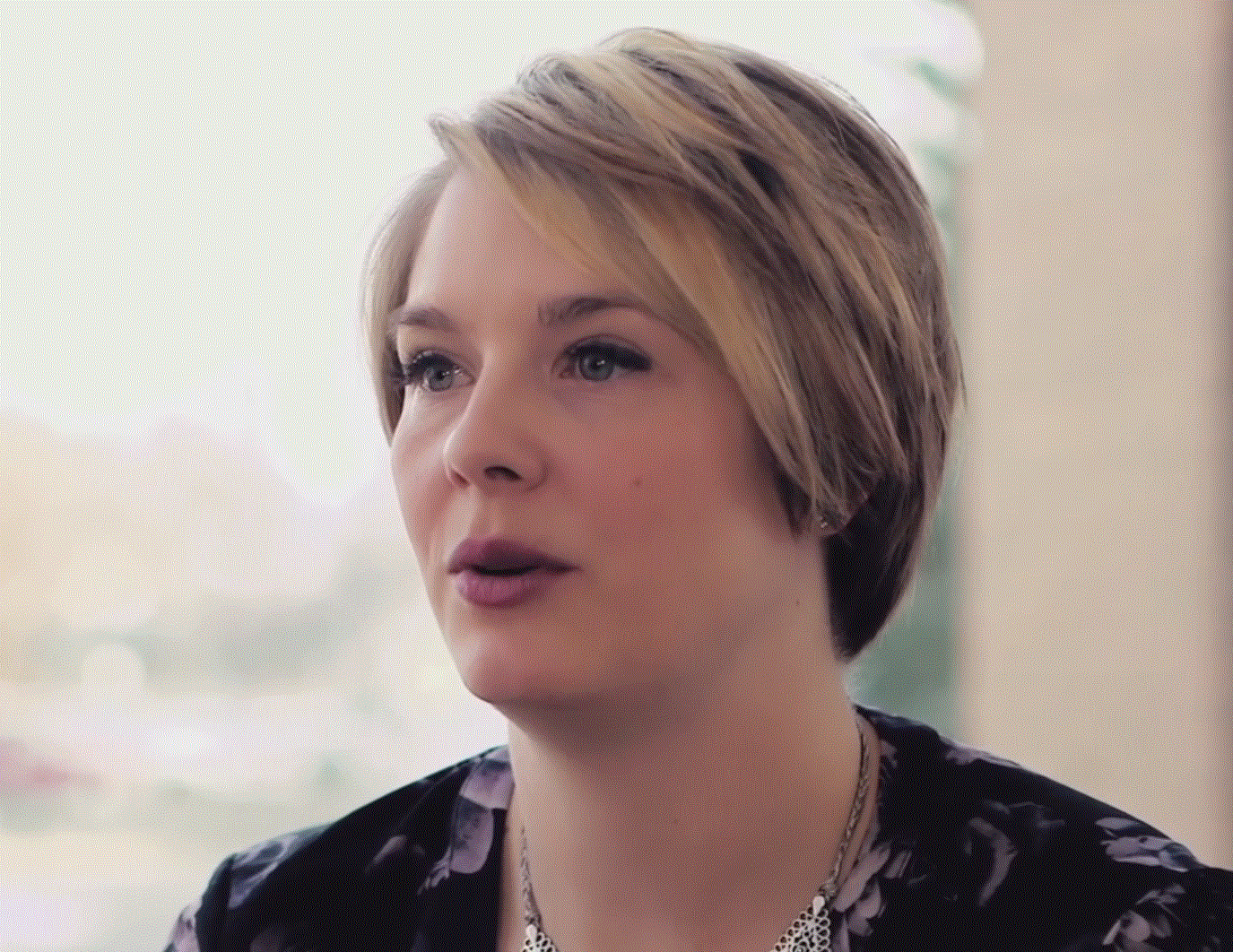A SmartStation research and design project has worked with %$Linker:
The initiatives 18-month research phase identified that intelligent stops that include analogue facilities such as information terminals, escalators, elevators and lockers need to be turned into systems that can communicate.
Annette Kindl, project manager for PTV’s research team, said: “All relevant data will be integrated into the Smartstation network in real time via a standard protocol. Travellers can use an app to log into the so-called Infosphere, i.e. the immediate environment of a smartStation, in order to access the desired information and services. All modes of transport can thus be used intelligently and comfortably as well as energy-efficiently and cost-effectively.”
A smart station, according to Christian Reuter, project manager at PTV Transport Consult, integrates infrastructure and all kinds of services, which includes information on elevator problems or safe places for children to stay in the event of disruptions in local transport.
The group recognised that challenges surrounding different standards, platforms and digital services need to be interconnected and that stakeholders from different areas need to be involved in the process.
“Given the ongoing digitisation in the field of urban mobility, the smartStation is only the next logical step. In the course of the research project, we have made initial assessments and started the discourse on digitisation of stops/stations. Now it is time to continue the dialogue with all relevant stakeholders, to turn the idea into a conceptual design and to encourage the launch of pilot projects”, Kindl added.
SmartStation group reveal the importance of intelligent stops
A SmartStation research and design project has worked with PTV Group and Raumobil to develop ideas on how to turn analogue stops into digital hubs, in Karlsruhe. The scheme, commissioned by the Federal Ministry of Transport and Digital Infrastructure, set out to reveal the importance of networked stations for multimodal mobility. The initiatives 18-month research phase identified that intelligent stops that include analogue facilities such as information terminals, escalators, elevators and lockers need to








